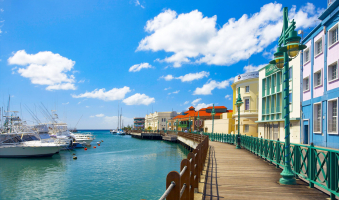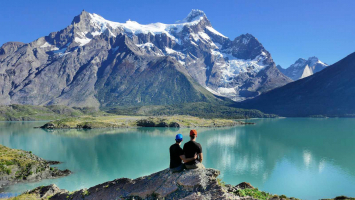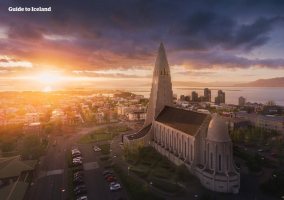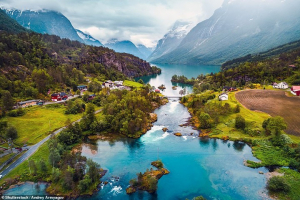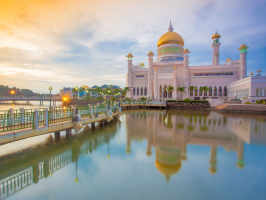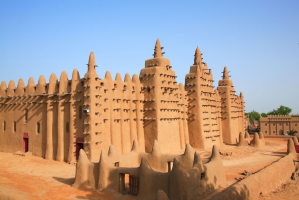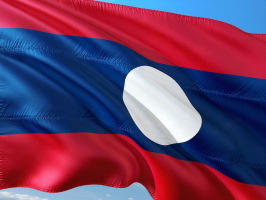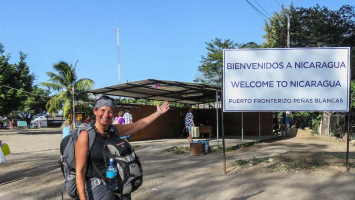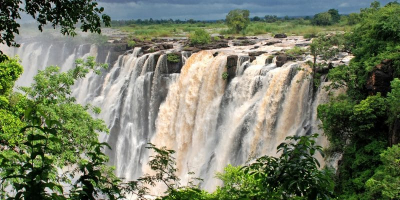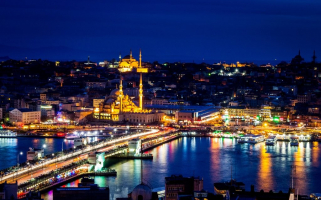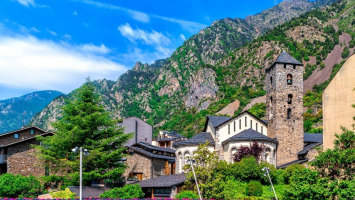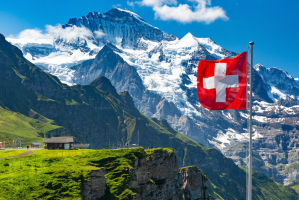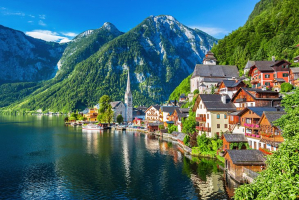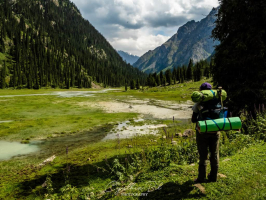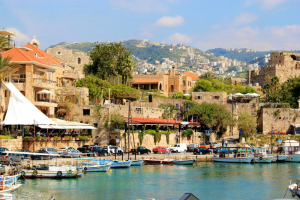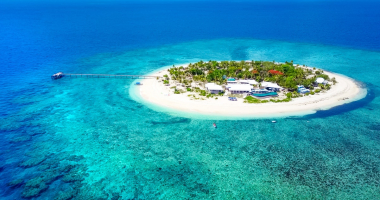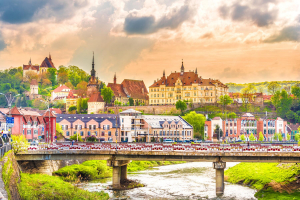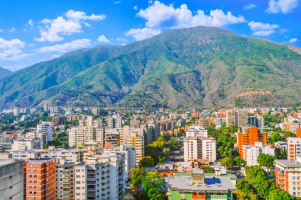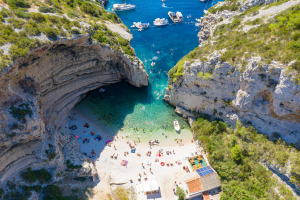Top 7 Things About Guinea You Should Know
Guinea, formally the Republic of Guinea, is a West African coastal republic. Guinea is an Islamic country, with Muslims constituting 85 percent of the ... read more...population. Guinea's economy is heavily reliant on agriculture and mineral extraction. It is the world's second-largest producer of bauxite and has extensive diamond and gold reserves. The nation was at the epicenter of the Ebola epidemic in 2014. Guineans are divided into twenty-four ethnic groupings. Despite enormous natural riches, Guinea is one of the world's poorest countries, with a volatile political past. Here are some Things About Guinea You Should Know.
-
Things About Guinea You Should Know is that Guinea is an Authoritarian regime country. Guinea gained independence from France in 1958, becoming Africa's first Marxist state under President Ahmed Sekou Toure, who governed for 25 years. According to rights groups, his dictatorship is responsible for the deaths or disappearances of 50,000 individuals, as well as the exile of hundreds of thousands more. Lansana Conte, a soldier, took over days after his death in 1984 and stayed in authority until his death 24 years later. Although multi-party governance was established in 1990, elections were largely perceived to be manipulated. Conte died in 2008, following an illness. The country was thrown into anarchy when another military coup brought Captain Moussa Dadis Camara to power.
Security forces opened fire on protestors assembled at the capital's largest stadium to oppose Camara's government in 2009. According to the UN, 157 people were killed and 109 women were raped during the brutal operation, and hundreds were injured. Camara survived a gunshot wound to the head and was removed from government, clearing the door for a democratic transition.
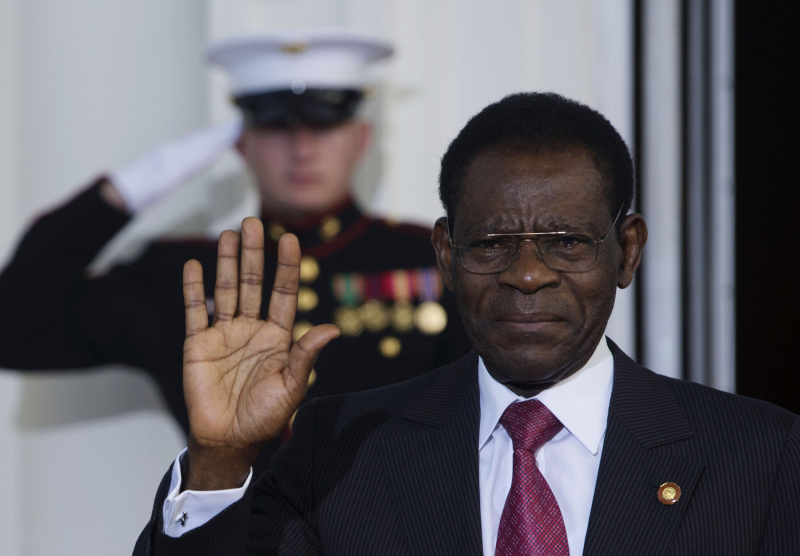
bloomberg.com 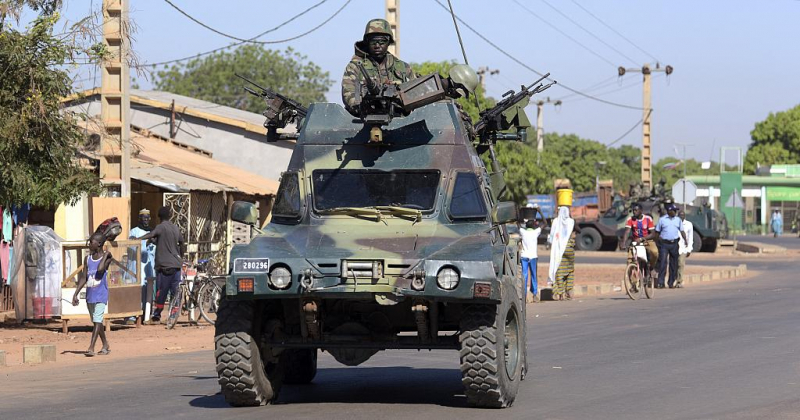
bloomberg.com -
Guinea has welcomed its first democratically elected president since the country's independence 52 years ago, following a lengthy sequence of authoritarian and military administrations, which is one of the Things About Guinea You Should Know is that Guinea. The elections came after one of Guinea's most horrific times, during which the army murdered civilians protesting for democracy.
In November 2010, Guinea had its first democratic elections, and long-time political rival Alpha Conde was elected president. He was re-elected in 2015, as the constitution allows for two terms. After a period of turmoil highlighted by violence at opposition gatherings, protests against a third term for Conde erupted in October 2019, killing dozens in a security force response. Conde announced his intention to seek a third term in September. He claims that the new constitution passed in March resets the presidential term counter to zero, while the opposition calls this a "constitutional coup."
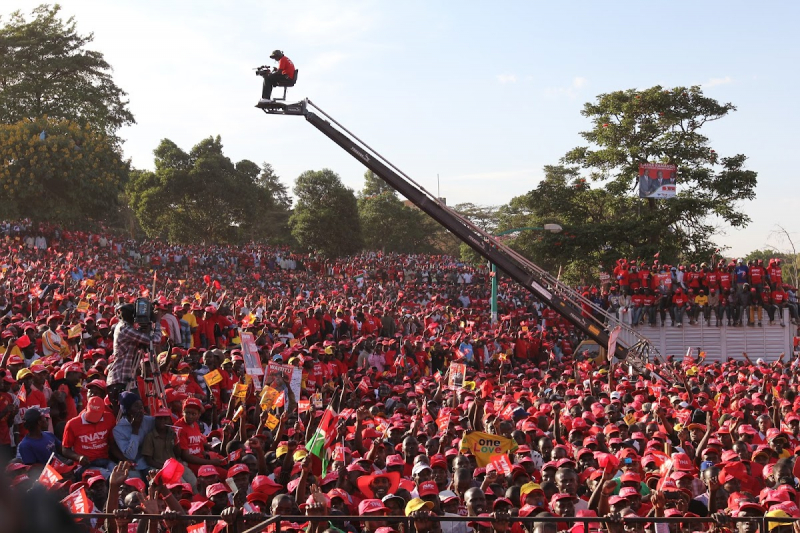
standardmedia.co.ke 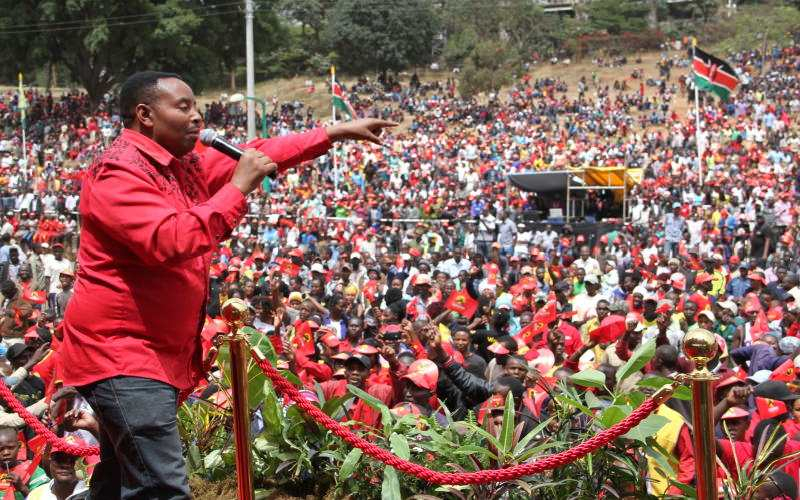
standardmedia.co.ke -
Mineral wealth is one of the Things About Guinea You Should Know is that Guinea. Ethnic groups, namely the Fulani and Malinke, make up more than 80% of the Muslim country. The country is a major producer of bauxite, a mineral used in the production of aluminum. It also has a lot of iron, gold, diamonds, and oil. Conde has implemented economic diversification measures, especially in the mining industry, which draws international investment but is hampered by inadequate infrastructure. Agriculture continues to be the primary source of employment. The African Development Bank (AfDB) estimates that GDP climbed by 6% in 2018 and 6.2 percent in 2019, owing to increasing foreign direct investment in the mining industry and modest improvement in electricity generation.
However, due to the coronavirus outbreak, the AfDB predicted in April that growth in 2020 would fall to 1.4 percent at best, and decrease at worst. Guinea is likewise plagued by corruption, ranking 130th out of 180 nations according to Transparency International. According to the World Bank, more than 55 percent of the 13 million-person population lives in poverty, and many do not have access to power or running water.

m-mining.com 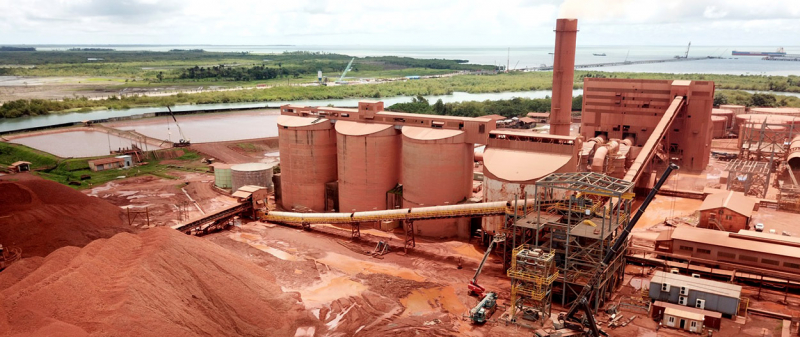
m-mining.com -
The worst outbreak of the tropical virus Ebola began in Guinea in December 2013, killing around 2,500 people and disrupting agriculture, mining, trade, transportation, and tourism, that is one of the Things About Guinea You Should Know is that Guinea. After killing 11,300 individuals in the region, the World Health Organization (WHO) declared the outbreak over in March 2016. According to UNICEF, female genital mutilation is a common practice in Guinea, impacting 97 percent of women and girls in 2014.
On 14 February 2021, the Republic of Guinea's Ministry of Health declared an Ebola virus disease epidemic after a cluster of cases was discovered in the sub-prefecture of Gouécké, Nzérékoré Region. The illness was detected for the first time in Guinea after the previous outbreak ended in 2016. Shortly after the infections were discovered, national health authorities, with the assistance of WHO and partners, launched an immediate response, drawing on lessons learned from recent outbreaks in Guinea and the Democratic Republic of the Congo.
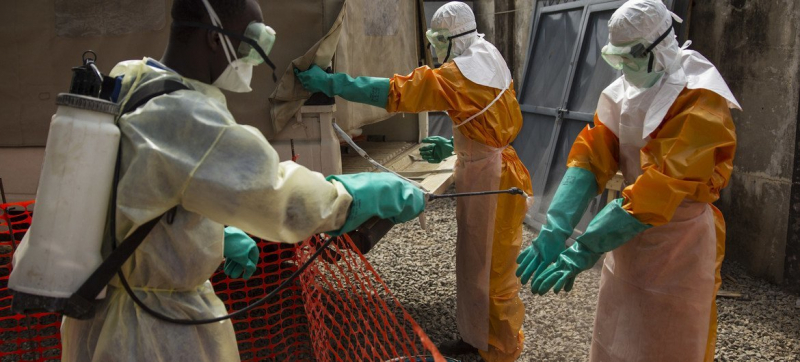
news.un.org 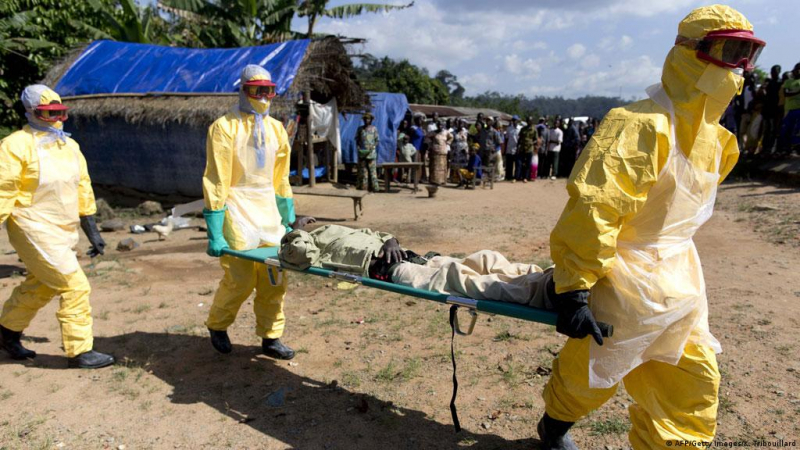
news.un.org -
Guinea, along with Mali, is the birthplace of Mandingo music, which is performed using instruments such as the kora or the balafon. Guinea, one of the African countries most hit by the virus, has closed its borders. Culture Minister Sanoussi Bantama Sow has promised that after the pandemic, more fitting respect to the deceased's personality will be paid to him.
The procession then rocked towards the neighboring Kipé cemetery, followed by hundreds of Guineans who had gathered in front of the hospital. Mory Kanté was to be laid to rest with his mother, covered in a shroud according to Muslim practice. Mory Kanté has contributed to introducing African and Guinean music to new audiences throughout the world by igniting tradition with synthesizers and rhythm machines, blending it with West Indian or Anglo-Saxon tones, funk, and techno, and conserving the sound of his instrument, the kora. Yéké Yéké, one of the greatest singles in African music history, was released in 1987 and sold millions of copies. For the first time, an African musician topped the pan-European hit parade compiled by professional weekly Billboard.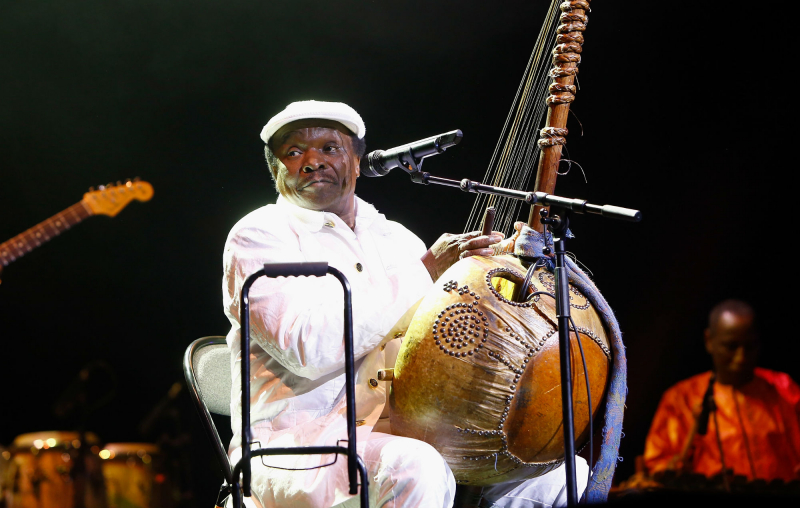
nme.com 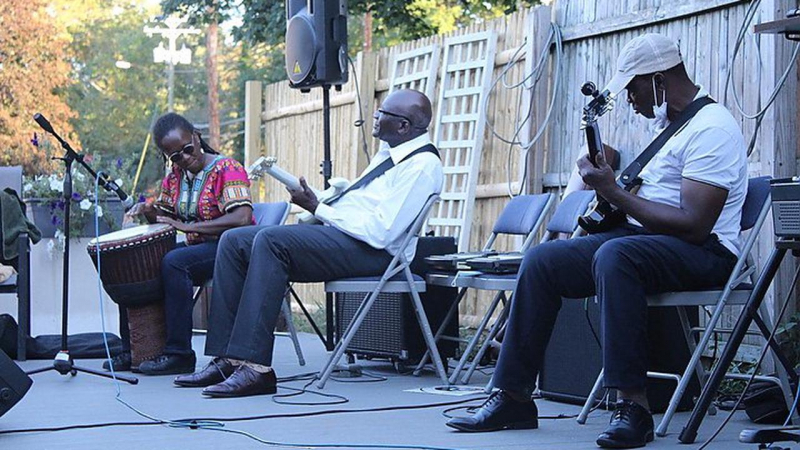
nme.com -
Papua New Guineans (PNG) have a cultural legacy as diverse as the nation itself. Local tribes may be found all around the country, from the highlands to the tropical islands. The region's spectacular scenery and animals inspire PNG's colorful tribespeople, and their distinct traditions and rituals have developed over decades due to their distance from one another. Festivals, often known as sing-sings, are a riot of color, extravagant attire, and pounding drums. Here are some of the best festivals in Papua New Guinea that visitors to this magnificent country should not miss.
The Goroka Show is one of the country's most well-known cultural festivals. Set amid the natural beauty and rolling mountains of the Highlands Region, this magnificent celebration attracts guests from all over the world, and the town's population surges to about 150,000 people for two days in mid-September. On the country's Independence Day weekend, they congregate at Goroka's National Sports Institute to see performances from several tribes. Performers dress up with feathers and body paints that are exclusive to their cultures. Many wear headdresses that would make an ornithologist blush — feathers from birds of paradise are boldly displayed alongside those from other rare bird species.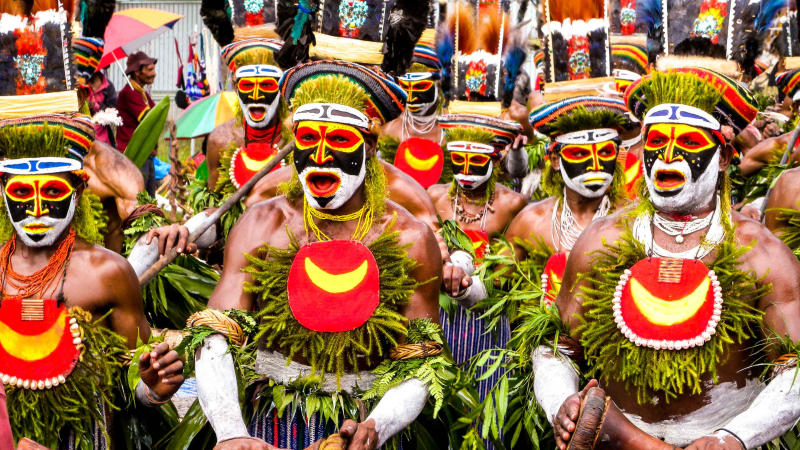
journeysinternational.com 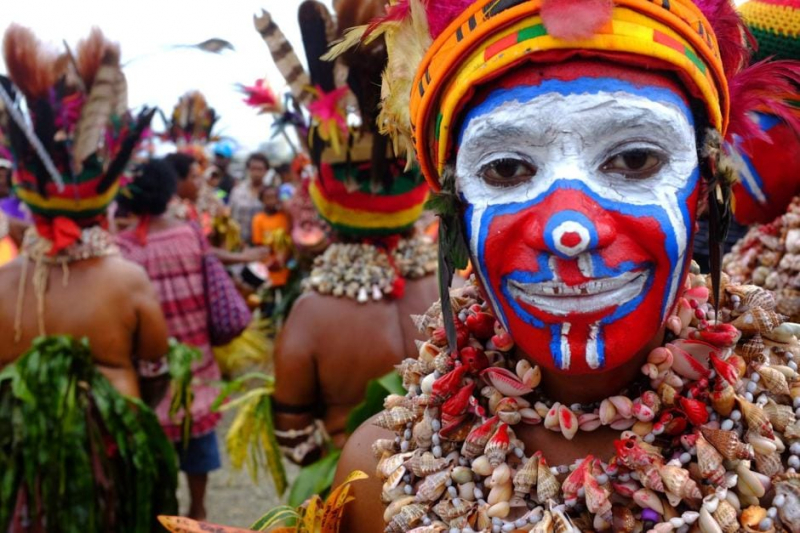
journeysinternational.com -
Patates is a traditional African dish from Guinea. Sweet potatoes, oil, and salt are used to make it. The sweet potatoes are sliced into wedges and cooked in hot oil until crisp and deep orange in color. This meal is often eaten as a snack and is available in markets and roadside vendors around the country. Patates are frequently accompanied by an oily sauce composed of tomatoes, onions, and fish sauce. Fried sweet plantains are more popular in Guinea than potatoes. There's also loco, a southern Guinean version of patates that involves frying plantain slices in palm oil.
Yétissé is an African dish that originated in Guinea. This stew is made using tuna, tilapia, or cod, as well as vegetables including eggplant, carrots, onions, garlic, and cassava, as well as tomatoes, tomato paste, stock cubes, palm oil, hot peppers, ginger, okra, and rice. The stew is cooked until the veggies are soft, and the browned fish is added at the end of the cooking time. It is then served with a mixture of mashed okra and white rice. Because this communal dish is designed to be shared, it's usually served on a huge plate with the stew in the center and rice all around it.
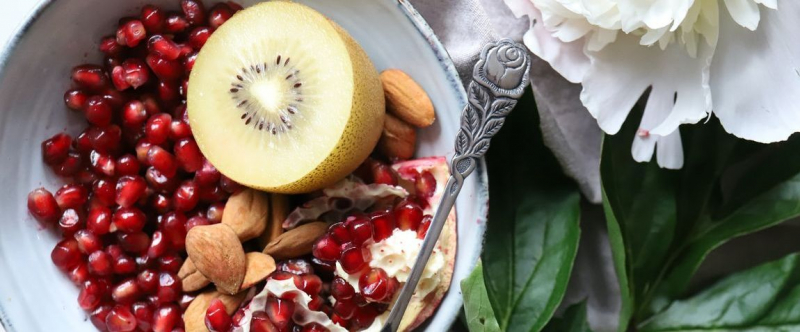
pickvisa.com 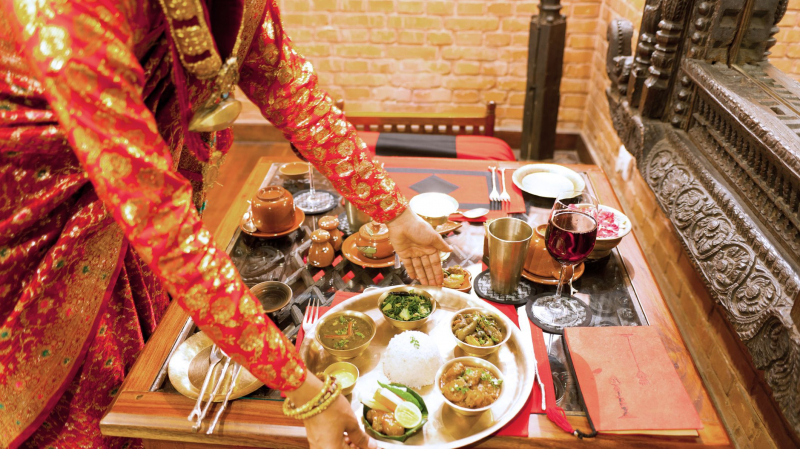
pickvisa.com









